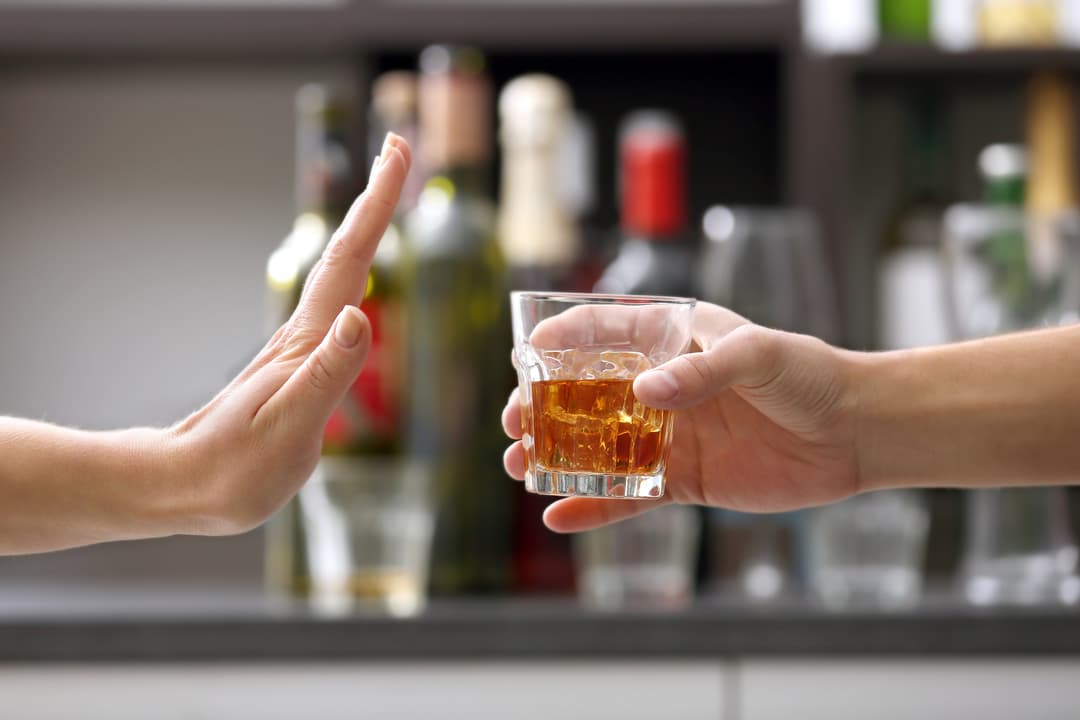Your Guide to Holiday Eating After Bariatric Surgery

The end of Halloween marks the unofficial start of the holiday season (is it getting earlier every year, or is it just us?). The holidays are a time for friends, family and—frequently—food. Having weight loss surgery can mean a drastic lifestyle shift and change to eating patterns. Bariatric surgery patients may worry that either they’ll slip into old, unhealthy habits, or they won’t be able to enjoy the holidays to their fullest.
If you’ve had bariatric surgery, you don’t have to worry about the holidays. Having a plan and some rough guidelines going into a Thanksgiving or end-of-year holiday meal can mean the difference between overeating and sticking to the program.
Here are our best tips for healthy holiday fun.
Avoid the Eggnog
 One of the easiest ways to stay on track this holiday season is to drink only water. At Advanced Laparoscopic Associates, we counsel our bariatric patients to stick to water year-round, but it is especially important during the holidays. You’ll be surrounded by rich, heavy foods, so even if you indulge a bit, you’ll be saving calories by skipping the hot chocolate.
One of the easiest ways to stay on track this holiday season is to drink only water. At Advanced Laparoscopic Associates, we counsel our bariatric patients to stick to water year-round, but it is especially important during the holidays. You’ll be surrounded by rich, heavy foods, so even if you indulge a bit, you’ll be saving calories by skipping the hot chocolate.
Additionally, an important point to remember is that some types of bariatric surgery—gastric bypass especially—change the way your body processes alcohol. It might be because liquids empty from the gastric pouch quickly, or that bypassing the stomach means alcohol is absorbed into the bloodstream faster.
Studies suggest that alcohol gets processed faster, becomes more concentrated in the bloodstream and leaves the body slower in people who have had gastric bypass surgeries. Add on all the empty calories in alcoholic drinks and you’ve got plenty of reasons to stay away from it this holiday season.
Practice Mindful Eating
After you’ve had bariatric surgery, you need to be more aware of what you put in your body. Portion control is one of the most important aspects of post-bariatric-surgery life. It is just so easy to overeat during big family dinners, though.
Here are some tricks to help you be mindful:
- Stay away from the buffet—If you’re standing up by where the food’s laid out, you may be more prone to mindlessly snacking. Grab a plate and sit down instead.
- Say no to seconds—Take enough on the first plate to keep you full. Start with protein, then fill most of the rest of your plate up with veggies. Protein and fiber will help you feel sated so you’re not as tempted to go back for seconds. If you do want seconds, give it 20 minutes or so; since it takes about that long for your brain to get the message that your stomach is full.
- Make time to eat—Just like standing too close to the buffet, socializing and snacking can cause you to overeat. Sitting at a table can help you focus on food and be mindful of what you’re putting into your mouth.
Keep Consistent Eating Patterns
You may be tempted to “save up” some calories by not eating all day. This is a mistake. You don’t want to go completely crazy just because it is a holiday meal. You should eat normally throughout the day of your holiday celebration, and keep tracking your intake.
It is ok to indulge a little at the feast, but be mindful of how many calories you’ve already consumed. Also, be realistic: Don’t try to lose weight during the holiday season, but instead try to maintain weight (i.e., try not to gain).
The one caveat to keeping your eating patterns consistent is this: It might be wise to eat a little something before you go to your party. That way you might be less hungry and less inclined to overeat.
The holidays can be a time of fellowship and togetherness. People bond over food; they always have. There’s no reason for that to change for you after you’ve had bariatric surgery. Weight loss surgery is a massively positive change in your life, but it is a change nonetheless. Remember that your needs are different now, follow our tips and have a happy, healthy holiday season.
Don’t Overindulge
 It is tempting to pile on the food from the buffet or the dessert table, but for people who have had certain weight loss procedures, that can get downright uncomfortable. Remember that if you’ve had a gastric bypass or gastric sleeve, your stomach has been modified to handle less food.
It is tempting to pile on the food from the buffet or the dessert table, but for people who have had certain weight loss procedures, that can get downright uncomfortable. Remember that if you’ve had a gastric bypass or gastric sleeve, your stomach has been modified to handle less food.
With a gastric band, eating too much risks dumping syndrome. That’s when too much food enters your small intestines at the same time. It can cause:
- Diarrhea
- Dizziness
- Nausea
- Sweating
- Vomiting
Similar symptoms can happen if you overeat when you have an adjustable gastric band. If you eat too much, too fast or don’t chew enough, food can get stuck near the band opening. To prevent that, chew slowly and thoroughly, at least 20 times per bite, and take about 30 minutes to finish your meal.
One of the benefits of having a gastric sleeve is that it physically prevents you from eating a lot. What happens when you try anyway? You risk your stomach stretching out, which negates one of the main purposes of the gastric sleeve. Since you’ll produce less ghrelin, a hormone that tells your brain that your stomach is empty, you’ll feel full faster, so it is important to listen to your body.
If you need help managing your holiday eating after bariatric surgery, request an appointment at Advanced Laparoscopic Associates. Our Registered Dieticians can help you plan for a healthy, enjoyable holiday that won’t pack on the pounds.

